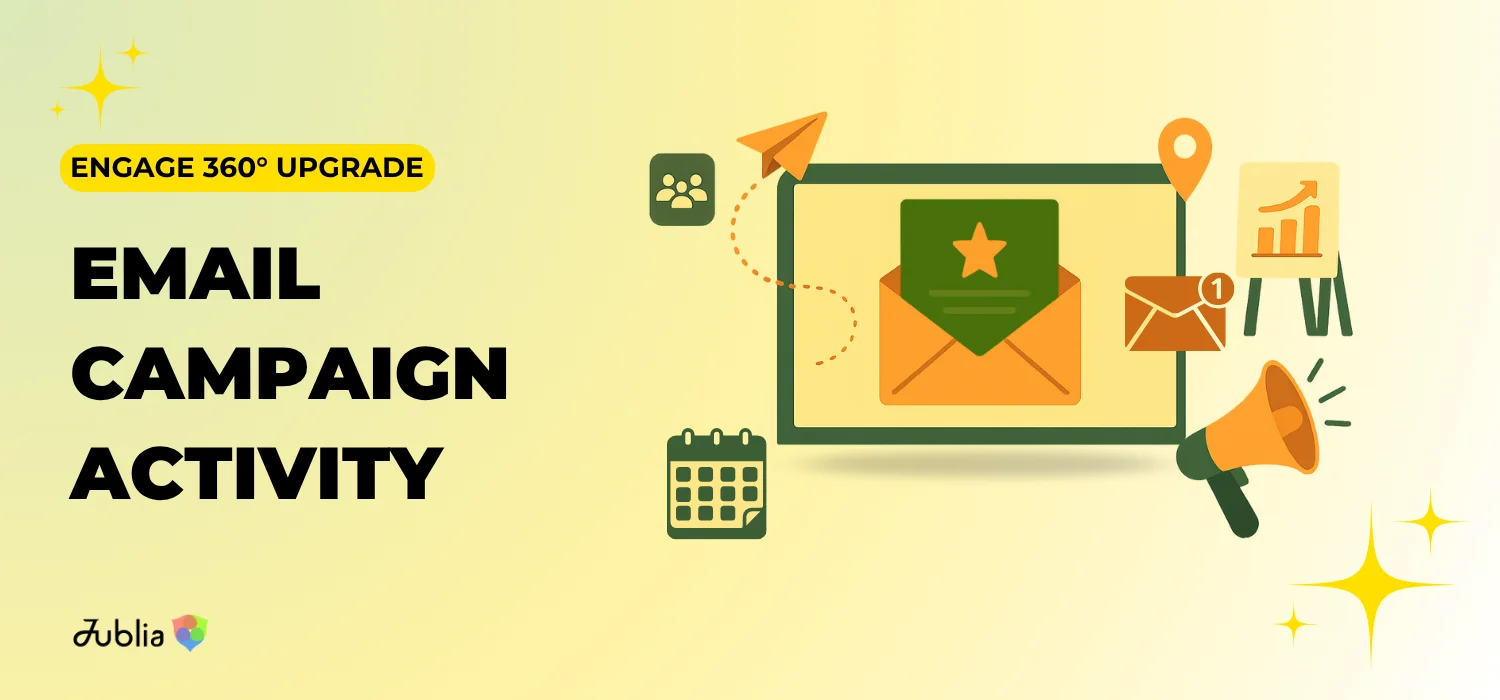Join our newsletter for the inside scoop on Jublia and the events industry


If you are asked what you think is the most prominent factor that contributes to your event's success, your answer would likely be good engagement throughout the event.
However, a good engagement isn’t overnight magic: it’s a puzzle put together piece by piece along the way, starting from the moment your attendees fill in their registration form.
Let’s go back to the question at the beginning of this article. Registration would not likely be mentioned as the power behind an event’s success. While it might not be as crucial, its role shouldn’t be underestimated.
Registration has always been more than just onboarding your attendees and getting their names into the attendance list — it’s the start of their unique experience with your event. J.K. Rowling once said, “A good first impression can work wonders,” which rings true for the relationship between attendees and event organizers.
While website visitation prior to registration might be the first “connection” you make with your attendees, the latter is similar to your “first meeting” with each other. Thus, it is crucial to leave a good impression by providing them with an effective registration process.
An effective registration will not only provide convenience to your attendees but can also benefit you.
For many, registration is merely a traditional way to reserve a seat at your party (re: events) – its humble appearance as a form with many blank fields might be the cause. Thus, it is often left out on the backburner when you plan an event. Now let’s think again and think further: What can a registration form do for your event?
At Jublia, we always believe that engagement starts before your event, and registration is the first touchpoint that sets the tone for it. Data you collect from attendees during registration is more than texts that get them through — it’s the start of a data collection journey that continues throughout the event lifecycle.

Imagine data collection as a continuous marathon where registration is the starting line. Creating several checkpoints along the way encourages your attendees to contribute valuable information instead of carelessly filling in the blank.
Data collection journey also indicates knowing to gather the right data at the right time where attendees can see the benefits of giving away their sensitive information. For example, personal mobile numbers are better not asked during registration, as they will question the purpose.
It’s a different story when it is asked at a later stage, where attendees can see the benefits, such as enabling them to receive real-time reminders for certain sessions by subscribing for notifications.
The questions you ask on the registration form should be more than just a formality — it serves as an ancillary on how you will nurture the data forward.
Collecting data in stages will help you to filter them better, resulting in high-quality data. Having your data in a cleaner and clearer state allows you to conduct a proper examination, which will later be helpful for your event engagement.

There are several aspects you need to consider in order to attain good data quality:
Jublia doesn’t do registration, but almost a decade of exposure to registration with many firsthand experiences helped us determine the measurement of good and bad registrations. It also makes us realize how registration is a primary need for data collection.
Through research and experience, we penned down several action points that could be helpful for you to engineer the most effective registration process. Grab your copy of our latest e-book here and conduct the orchestration of your event today. Let us know your ideas and suggestions to take registration to the next level by speaking to our Solutions Specialist at info@jublia.com and following our LinkedIn page today!
 Building Sustainable Connections at Hong Kong’s Flagship Event for Sustainable Business
Building Sustainable Connections at Hong Kong’s Flagship Event for Sustainable Business A Case Study on ReThink HK 2025
 Attendee Behavior Patterns You Shouldn’t Ignore
Attendee Behavior Patterns You Shouldn’t IgnoreUncover how understanding attendee behavior turns raw engagement data into actionable insights
 Email Engagement That Works: How to Power Your Business Events with Smarter Campaigns
Email Engagement That Works: How to Power Your Business Events with Smarter CampaignsCampaigns work best when targeted and timely — not generic blasts.


